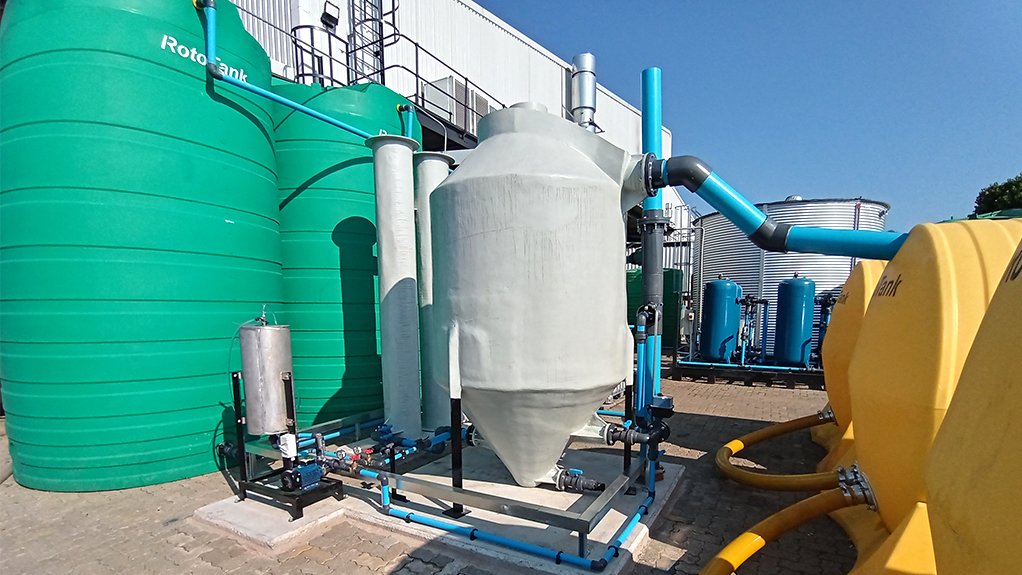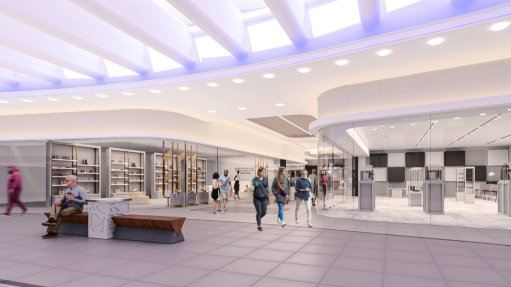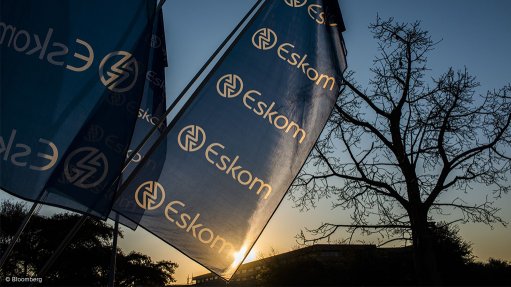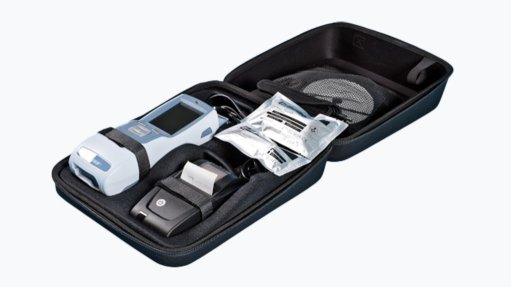Utility model assists with water use initiatives
Engineering consultancy firm BBEnergy, with support from its shareholder Agile Capital, is implementing an energy and water utility model in support of a local premium prepared food and beverage business to assist with more responsible water use and improved water management systems.
BBEnergy is using live monitoring systems to get real-time supply and consumption data for important water management systems. The firm is leveraging innovation to “reimagine key processes that consume a lot of water”, explains BBEnergy water-focused division BBWater business unit leader Jannes Bester.
The group level project began at the end of 2021 and will be complete in 2023. The first of ten energy and water projects is 80% complete, which entail rooftop solar installations and borehole and waste water recycling.
Bester explains that the clients’ core business is not to operate and maintain water and energy management infrastructure, but water and energy supply security is key to the success of the core business.
The client aims to responsibly manage energy and water supply sources, as well as waste water discharged into various receiving environments, with energy and water sustainability already being driven at group level.
Previously, the client required that energy- and water-demand figures, waste produced and production quantities be reported on a monthly basis by every operating unit or factory.
“The figures were hand captured and reported to group level using Microsoft Excel spreadsheets, whereafter sustainability calculations could be performed. This resulted in a lag in information feedback to each factory, with an associated lag in response,” says Bester.
Therefore, the sustainability status was difficult to track and to act on because information was collated and analysed on a monthly basis. As a result of this, the implementation and tracking of sustainability projects was difficult.
Breaking Down the Model
In response to this challenge, BBEnergy developed a utility model that enables clients to focus on their core business while achieving the responsible energy and water management benefits.
BBEnergy developed and installed a real-time energy, water, waste and carbon monitoring system, integrating new and existing technology and equipment comprising meters, sensors and data bases into one Web-based platform.
Advanced machine learning and decision-making models were created through a combination of historical and real-time data streams. These analysis methods assist in optimising production, decreasing cost and informing predictive maintenance planning.
Using the model enables the client to focus on developing and investing available funds in core business-related equipment, skills and expertise, instead of in energy and water infrastructure and the skills required to operate and maintain such infrastructure.
The utility model has also focused attention on the client’s energy and water sustainability goals and targets set for the short, medium and long term and has proven to deliver the desired results.
Energy and water expertise for the project has been procured through a shared ownership model. The project is implemented and maintained through the shared utility model and enabled by the equity invested by private equity firm Agile Capital, consulting firm BBE Group and BBEnergy.
Agile Capital principal Liz Kolobe explains that Agile Capital aims to implement environment, social and governance awareness and drive sustainability in the various businesses and sectors they invest.
The model also ensures that the client receives return on investment for the energy and water projects, and that the operating company, or end-user, benefits from reduced energy and water costs.
Factory Savings
In addition to the model, the client is also prioritising water-recycling initiatives and alternative sources of water to build resilience for its sites.
Waste water is often regarded as an unavoidable operational cost, and the cost to discharge a kilolitre of waste water to a municipal sewer is equal to or even higher than the cost to buy a kilolitre of potable water from the same municipality.
Therefore, reusing treated waste water is cost-effective and reliable and reduces the demand on surface and ground water resources.
Waste water recycling initiatives are being rolled out at ten food processing factories in Gauteng and the Western Cape. Alternative water sources mainly include recycled waste water, as well as water that is sustainably drawn from groundwater aquifers.
“Each waste water source with reuse potential is determined and a treatment process designed to deliver water at a quality that is fit for the intended reuse purpose,” explains Bester.
Examples of the water reuse and treatment efforts at the factories include using treated waste water in the primary potato washing process. Vegetable wash water is then treated to potable quality and reused in factory processes.
Article Enquiry
Email Article
Save Article
Feedback
To advertise email advertising@creamermedia.co.za or click here
Press Office
Announcements
What's On
Subscribe to improve your user experience...
Option 1 (equivalent of R125 a month):
Receive a weekly copy of Creamer Media's Engineering News & Mining Weekly magazine
(print copy for those in South Africa and e-magazine for those outside of South Africa)
Receive daily email newsletters
Access to full search results
Access archive of magazine back copies
Access to Projects in Progress
Access to ONE Research Report of your choice in PDF format
Option 2 (equivalent of R375 a month):
All benefits from Option 1
PLUS
Access to Creamer Media's Research Channel Africa for ALL Research Reports, in PDF format, on various industrial and mining sectors
including Electricity; Water; Energy Transition; Hydrogen; Roads, Rail and Ports; Coal; Gold; Platinum; Battery Metals; etc.
Already a subscriber?
Forgotten your password?
Receive weekly copy of Creamer Media's Engineering News & Mining Weekly magazine (print copy for those in South Africa and e-magazine for those outside of South Africa)
➕
Recieve daily email newsletters
➕
Access to full search results
➕
Access archive of magazine back copies
➕
Access to Projects in Progress
➕
Access to ONE Research Report of your choice in PDF format
RESEARCH CHANNEL AFRICA
R4500 (equivalent of R375 a month)
SUBSCRIBEAll benefits from Option 1
➕
Access to Creamer Media's Research Channel Africa for ALL Research Reports on various industrial and mining sectors, in PDF format, including on:
Electricity
➕
Water
➕
Energy Transition
➕
Hydrogen
➕
Roads, Rail and Ports
➕
Coal
➕
Gold
➕
Platinum
➕
Battery Metals
➕
etc.
Receive all benefits from Option 1 or Option 2 delivered to numerous people at your company
➕
Multiple User names and Passwords for simultaneous log-ins
➕
Intranet integration access to all in your organisation




















